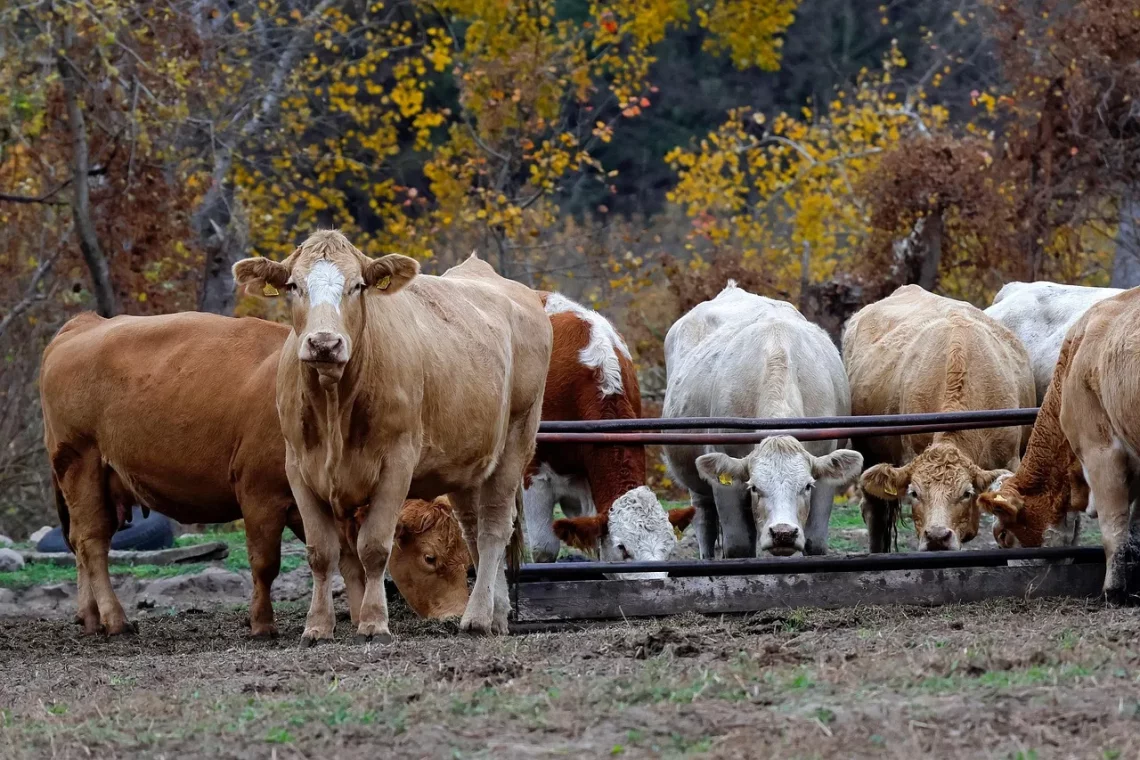
The Role of Livestock Penicillin in Modern Animal Health Management
In the realm of agriculture and livestock management, the health and well-being of animals play a crucial role in ensuring a productive and sustainable farming operation. As livestock production continues to evolve, so too does the need for effective health management strategies that cater to both animal welfare and economic viability. One significant aspect of this dynamic landscape is the use of antibiotics, particularly penicillin, in the treatment and prevention of infections among livestock.
Penicillin has been a cornerstone in veterinary medicine for decades, providing a powerful tool for combating bacterial infections that can threaten the health of animals. Its introduction into animal husbandry marked a turning point, allowing farmers and veterinarians to address health issues more effectively and efficiently. This antibiotic not only aids in treating existing infections but also plays a role in preventive health measures, ensuring that livestock remain healthy and productive throughout their lives.
The integration of penicillin into modern animal health management practices reflects a growing understanding of the importance of responsible antibiotic use. As concerns regarding antibiotic resistance rise, the agricultural sector is increasingly focused on implementing best practices that balance the need for effective treatment with the responsibility of minimizing adverse effects on animal health and the environment. This delicate balance shapes the ongoing dialogue around antibiotic use in livestock, highlighting the importance of informed decision-making and strategic health management.
Understanding the Importance of Antibiotics in Livestock Health
Antibiotics have revolutionized animal health management, acting as a lifeline for livestock suffering from bacterial infections. The use of antibiotics, including penicillin, has become integral to veterinary practices, offering a reliable means to treat various ailments that can affect animals, from respiratory infections to more severe systemic diseases. The ability to quickly address these health issues not only improves the well-being of the animals but also enhances overall productivity on farms.
The primary function of antibiotics is to combat bacterial infections, which can otherwise lead to significant morbidity and mortality in livestock. Infections can spread rapidly in herds, resulting in widespread health issues that may compromise the entire operation. By effectively managing these infections through the administration of antibiotics, farmers can prevent losses and ensure that animals remain healthy and productive.
Moreover, antibiotics like penicillin can be instrumental in promoting recovery and reducing the duration of illness. When animals are treated promptly with the appropriate medication, the likelihood of complications diminishes, leading to shorter recovery times and better overall outcomes. This not only benefits the animals but also the farmers, who can maintain a steady flow of production.
However, with the benefits of antibiotic use come responsibilities. The rising concern regarding antibiotic resistance has led to increased scrutiny over how and when these medications are used in livestock. It is crucial for farmers and veterinarians to adopt responsible practices that minimize the risk of resistance development. This includes using antibiotics judiciously, ensuring they are only administered when necessary, and following veterinary guidelines closely.
The importance of antibiotics in livestock health cannot be overstated. They serve as a critical tool in maintaining animal welfare, enhancing productivity, and ensuring the sustainability of farming operations. As the agricultural sector navigates the challenges of antibiotic resistance, the role of these medications will continue to be a vital topic of discussion among stakeholders.
Penicillin: A Key Player in Veterinary Medicine
Penicillin has been a game-changer in veterinary medicine since its introduction. Known for its efficacy against a variety of bacterial infections, this antibiotic has become a staple in the treatment of livestock. Its ability to target specific bacterial pathogens makes it an invaluable tool for veterinarians, who rely on it to manage health issues effectively.
One of the standout features of penicillin is its broad-spectrum activity, making it effective against many common bacterial infections in animals. Whether it is used to treat pneumonia in cattle or infections in swine, penicillin has proven its worth in various livestock species. This versatility allows veterinarians to address a wide range of health concerns without the need for multiple medications, simplifying treatment protocols.
In addition to its therapeutic uses, penicillin also plays a preventive role in animal health management. By administering this antibiotic in controlled doses, farmers can reduce the risk of infection outbreaks within their herds. This proactive approach not only protects the health of the animals but also minimizes economic losses associated with illness.
Despite its many benefits, the use of penicillin is not without challenges. The potential for antibiotic resistance is a significant concern, prompting the need for responsible usage practices. Farmers and veterinarians must work together to develop treatment plans that focus on the judicious use of antibiotics, reserving them for cases where they are truly necessary. This collaborative approach ensures that the benefits of penicillin can continue to be realized without compromising the efficacy of this important medication.
In summary, penicillin remains a key player in veterinary medicine, offering effective solutions for managing infections in livestock. Its role in both treatment and prevention underscores the importance of responsible antibiotic use, as the agricultural sector strives to balance animal health needs with the challenges posed by antibiotic resistance.
Best Practices for Responsible Antibiotic Use in Livestock
As the dialogue surrounding antibiotic use in livestock continues, establishing best practices for responsible antibiotic management is paramount. This approach not only addresses the issue of antibiotic resistance but also promotes the overall health and welfare of livestock, ensuring a sustainable agricultural future.
One of the foundational principles of responsible antibiotic use is the importance of veterinary oversight. Farmers should work closely with veterinarians to develop treatment protocols tailored to the specific needs of their animals. This collaboration enables farmers to make informed decisions about when and how to use antibiotics, ensuring that these medications are reserved for cases where they are truly needed.
Another critical aspect of responsible antibiotic use is adherence to dosage and administration guidelines. It is essential for farmers to follow veterinary recommendations closely, including the appropriate dosage, duration of treatment, and any necessary withdrawal periods. This adherence not only maximizes the effectiveness of the treatment but also helps prevent the development of antibiotic-resistant bacteria.
Additionally, implementing good management practices can significantly reduce the need for antibiotics in the first place. This includes regular health monitoring, vaccination programs, and maintaining proper hygiene in livestock facilities. By creating an environment that minimizes stress and disease risk, farmers can reduce the reliance on antibiotics and promote natural animal health.
Education and training for farmers and farm staff also play a vital role in responsible antibiotic use. Providing resources and support to enhance understanding of antibiotic stewardship can empower farmers to make better decisions regarding animal health management. This proactive approach fosters a culture of responsibility and care, benefiting both livestock and the broader agricultural community.
In conclusion, establishing best practices for responsible antibiotic use is essential for the future of livestock health management. By prioritizing veterinary oversight, adhering to guidelines, implementing good management practices, and promoting education, the agricultural sector can navigate the challenges of antibiotic resistance while continuing to ensure the health and productivity of livestock.
**Note:** This article is for informational purposes only and should not be considered medical advice. For any health-related issues, please consult a qualified veterinarian.




